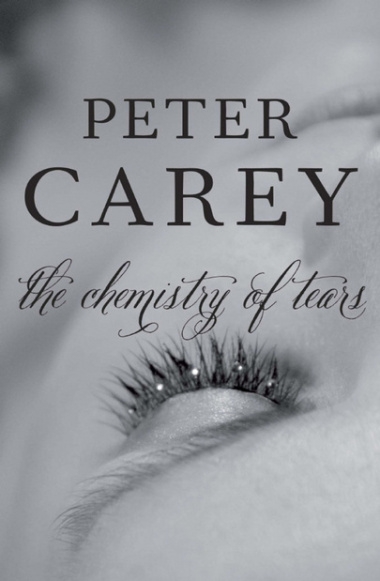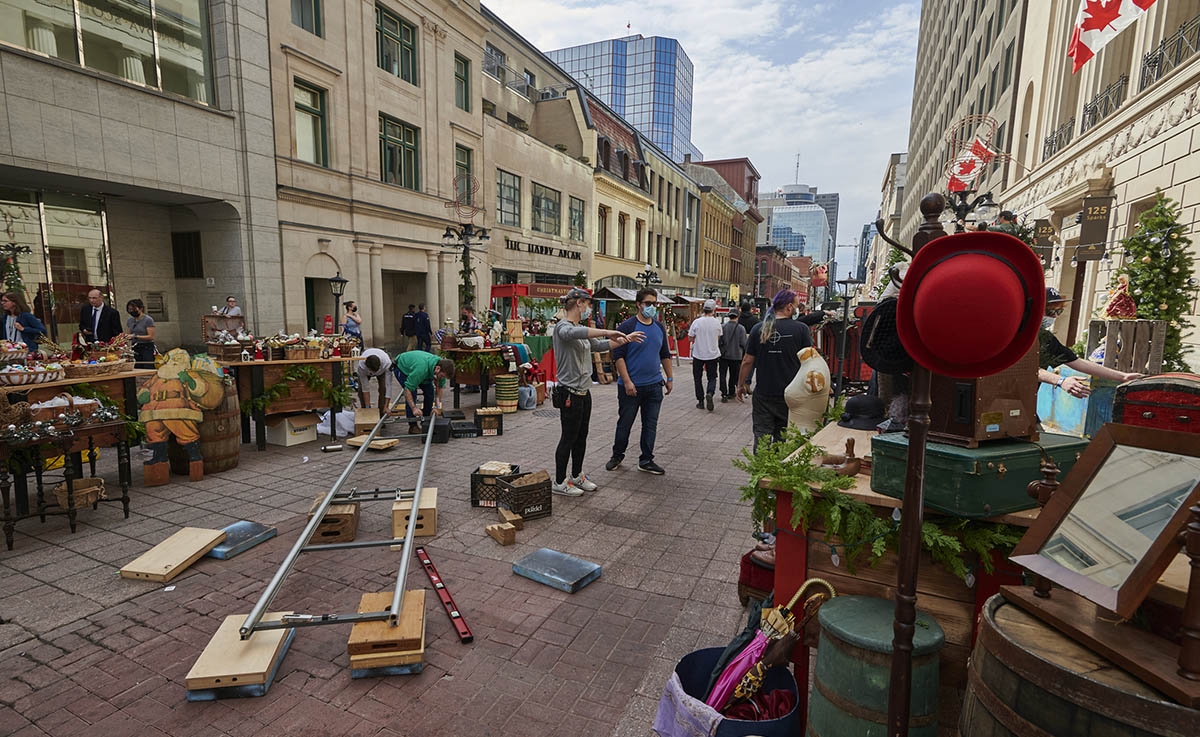
Living In the Past: Review of The Chemistry of Tears By Peter Carey
In an interview at this year’s Toronto Luminato Festival the author Peter Carey suggested that in many ways we’re still living in the 19th century.
The remarkable technological advances that were cause and consequence of the industrial revolution did not, in the 19th century, produce any real awareness of their long term implications for the planet’s health. On the contrary, technology combined with the facile promise of endless economic growth was to be our salvation. Carey went on to remark that most writers at the Wall Street Journal today still think this way. For the benefit of his Canadian audience, he could have said the same of The National Post and The Globe and Mail. There is still little sense, in other words, that our ceaseless preoccupation with technology and growth is today producing potentially dire consequences for the planet.
The climate crisis is among the themes in Carey’s latest novel, The Chemistry of Tears. The peril in which the planet finds itself serves as a backdrop to the story of the novel’s two main characters, one from the 19th century and the other living in the present.

Henry Brandling is a 19th century Englishman whose daughter has died from illness and whose son may suffer the same fate. His marriage is buckling under the strain of their shared loss. In a desperate bid to save both his son and his marriage, Henry sets off for Germany in the somewhat strange hope of finding a German clockmaker who will build an automaton in the form of a duck. He is convinced the duck will help to restore his son’s health and redeem his wife’s love for him.
Catherine Gehrig is the novel’s other main character. The story begins with her grim discovery that her married lover and colleague of many years has died suddenly. She is overwhelmed with despair and an unanticipated loneliness. No one, or so she thought, knew of their affair. So she is left to endure the pain of his sudden departure alone. She cannot even attend his funeral. But one sensitive colleague at the museum at which she works knows of their relationship and understands the depth of her grief. He takes it upon himself to ensure she will have a productive distraction to help get her through the dark days ahead. The distraction is in the form of a project: reconstruct the automaton that Henry endeavored to have made for his sick son so many years ago. The past and the present are thus linked and much of the novel is an attempt to explore their complex connection.
The discovery of the automaton includes Henry’s detailed account of his travels. He kept a diary, documenting not only his progress, but his love for his son and his hopes to renew his wife’s love for him. There is something quietly heroic in the way Henry carries himself. The notion that an automated duck would do much to save an ailing child might, at first glance, appear Quixote like. But Carey’s aim does not appear to have been to create a delusional character. On the contrary, he strikes the reader as well grounded even as he encounters a strange, unpredictable and occasionally threatening array of Germans in whom he must place his trust. In any case, Catherine grows obsessed with Henry and to a lesser extent, his ailing son.
It is on this level that the novel works best. The written word is a source of mysterious power connecting the two characters over space and time. Henry’s diary – written more than a century earlier – not only survives the past but acts like a bridge to it. Reading of Henry’s lonely quest stirs to life a complicated set of emotions in Catherine. The diary doesn’t relieve Catherine’s pain: she remains distraught, vulnerable and irritable throughout the entire novel. Nor does it always inspire noble impulses: Catherine jealously guards the diary from other inquiring minds. But it somehow leaves her feeling less isolated in the world. “I sought Henry, Henry alive, good-hearted Henry. How essential was his company in this endless night. I read. He wrote.”
That the written word is a source of mysterious power is to be expected in a Carey novel. He is regarded by many as one of the greatest living novelists in part because of his inventiveness with language. He writes concisely, but playfully and often beautifully.
Their door might spring open, slamming rudely against the wall, and next would appear that wheaten-haired child, laughing, hippity hoppity. I confess it hurt my heart. Soon I would observe him from a window, leaping across the fallen stooks, like a lucky hare recovered from the trap, speeding strangely across the harvest stubble, on his way to places I could not pronounce. He was surely an immensely clever, little fidget, returning with his oily secrets wrapped in handkerchiefs or rags.

Lovers of Carey’s prose will not be disappointed with his latest offering.
In other ways, the connections Carey establishes between the past and present are less satisfying, at least for this reader. The death of Catherine’s lover occurs on the same day as oil begins to spread like a cancer in the Gulf of Mexico. Catherine occasionally refers to London’s blistering late April heat. In another passing reference, the reader learns drought is threatening parts of Africa. To be sure, in works of fiction no explanation is required for these sorts of oblique references. Yet one feels that there is a point Carey is attempting to convey, but what is far from clear. Is it that we are still living in the 19th century insofar as we still don’t appreciate the extent to which the climate is in peril? Or is that the technological boon that took off in the late 19th century has led us to the point of crisis today? Others will insist Carey deliberately and necessarily leaves any such questions unresolved. They too would have a point. It would be in keeping with one of the character’s embrace of ambiguity. We must learn to live with ambiguity, Catherine’s boss Henry Croft, reminds her as she struggles to make sense of her life. Not every question can be answered, not every mystery is meant to be solved.













